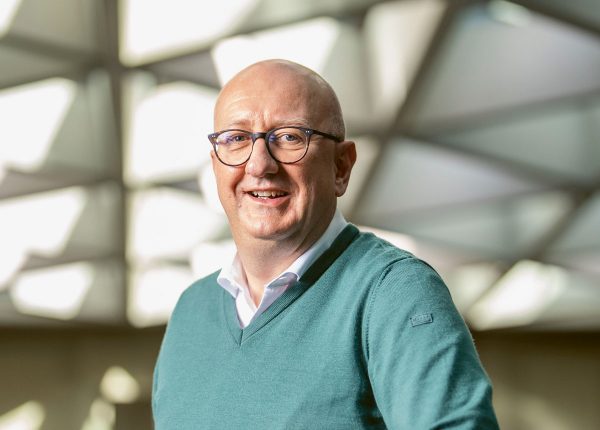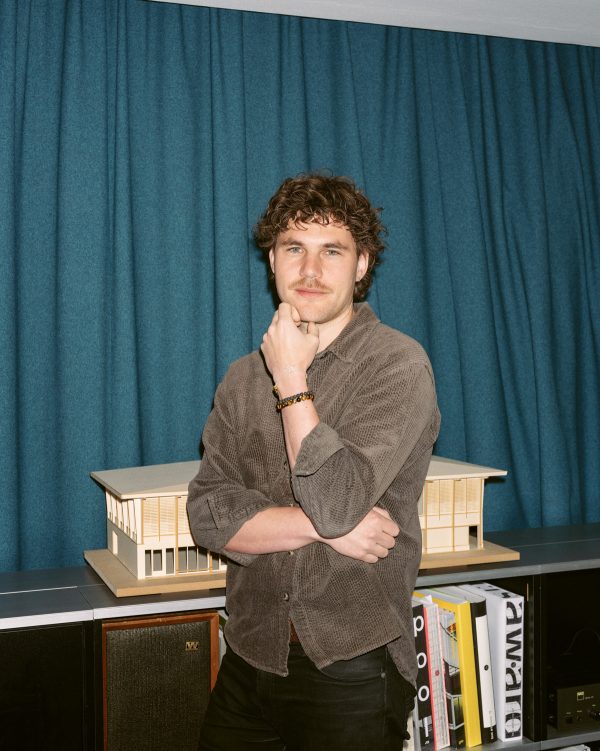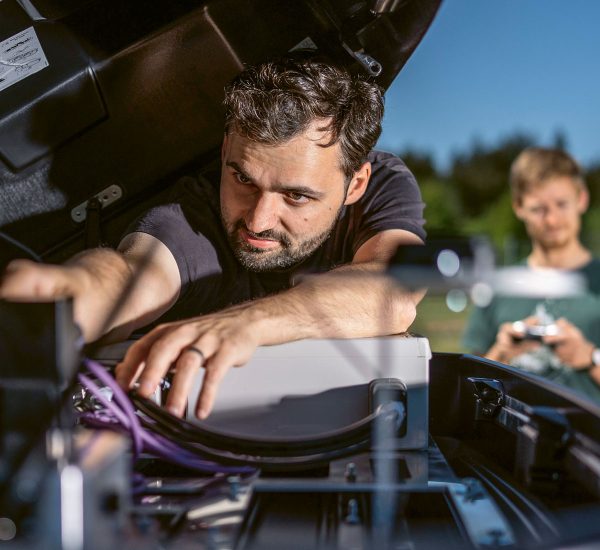The right mix
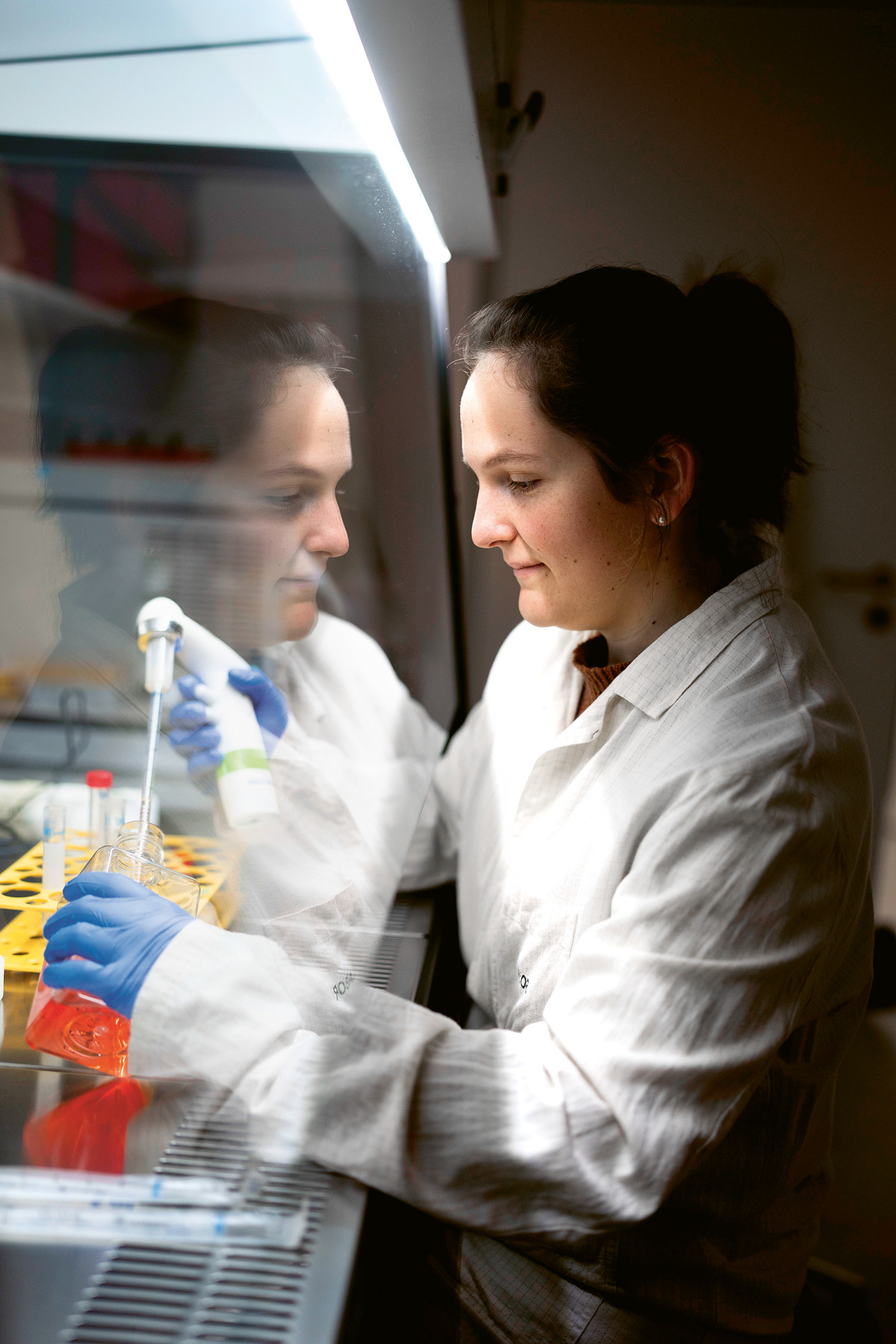
The right mix
Former Excellence Scholar Arianna Arpagaus is developing personalised therapies for children with leukaemia at the research centre of the University Children’s Hospital Zurich – patient-focused, precise and driven by dedication.
“Today, around 80 per cent of children diagnosed with leukaemia can be cured,” says Arianna Arpagaus. “With our work, we want to help ensure that one day, all children with leukaemia can be cured.” A former recipient of an ETH Excellence Scholarship, Arpagaus now conducts research at the paediatric research centre of the University Children’s Hospital Zurich. She is part of the group led by Beat Bornhauser and head of oncology Jean-Pierre Bourquin, which focuses on optimising therapies for children with leukaemia.
Tailored treatment recommendations
The team’s research is highly personalised and patient-oriented. Hospitals across Europe send blood samples from their young leukaemia patients to Zurich. “The samples are from children whose cancer couldn’t be cured by conventional methods and medications. We test these samples with a wide range of drugs,” the researcher explains.
The group works with drugs that are already available on the market as well as those not yet licensed. Up to a hundred different agents can be tested on a single sample using novel, specially developed leukaemia cultures. “Of those, perhaps twenty show potential for treatment. We discuss the results and share them with the clinicians treating the patient,” Arpagaus says, describing the process. “We have a large cohort of samples that have already been tested and compare them with the current case. We’re also building up a database to track how a disease develops in treated patients over time in order to better evaluate long-term outcomes.”
The clinics can use the information from the research centre to fine-tune treatments, optimise the medication mix or apply for their patients to take part in clinical trials of a drug that has not yet been approved.
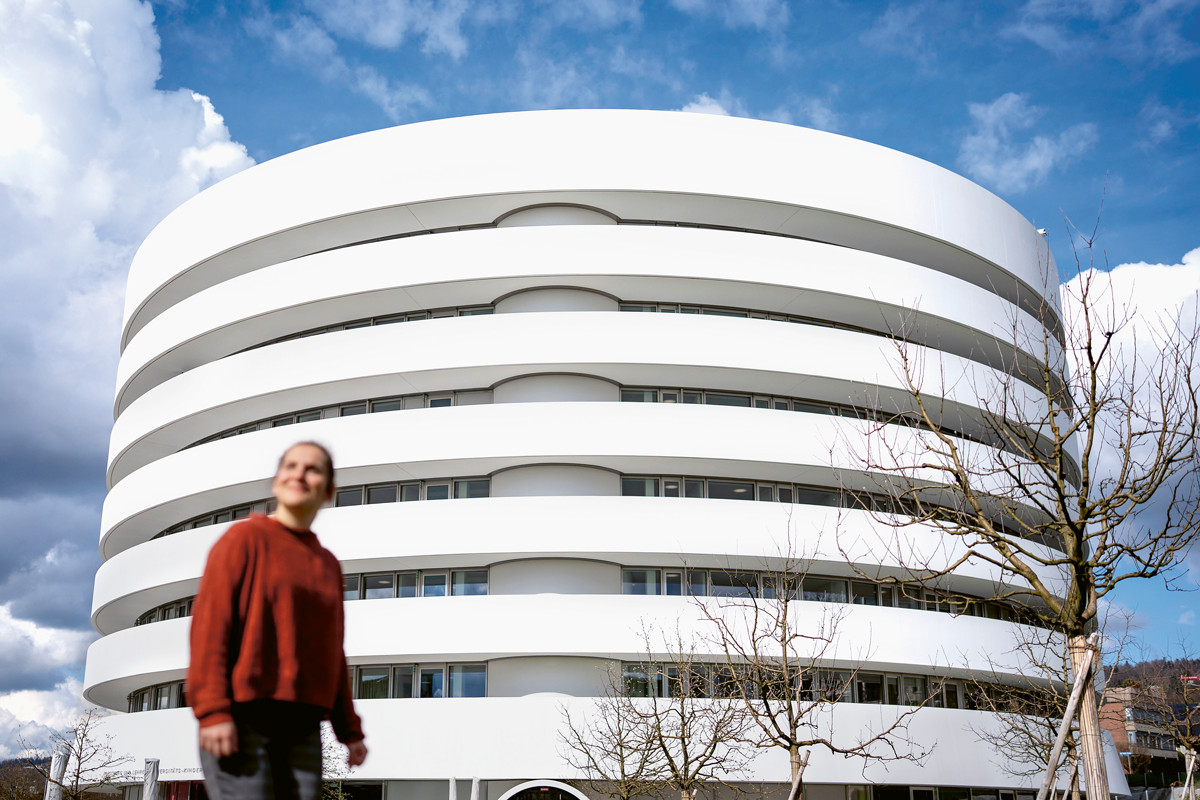
© ETH Foundation / Valeriano Di Domenico
“Being so closely involved in developing new treatment approaches is incredibly exciting.”
Crossing the Gotthard
Arpagaus developed an interest in biology and health research during her Gymnasium years. She grew up in the Italian-speaking canton of Ticino and, after finishing school in Lugano, chose to make the move to Zurich. “There aren’t many options for studying biology in Ticino, so I had to cross the Gotthard,” she says. She chose the Bachelor’s programme in Health Sciences and Technology at ETH because of its strong focus on patient-centred content. Learning everything in German proved a challenge at first: “The start was tough. It took time to get used to the language and find my feet in a new city.”
Today, she speaks not only Italian, Romansh, French, English and German, but even Swiss German – helped in part by a scholarship from the Swiss Study Foundation, awarded for her outstanding Matura project. The scholarship also gave her access to regular events that helped her connect with German-speaking students.
Towards the end of her Bachelor’s studies, Arpagaus heard about the Excellence Scholarship programme and, along with her close friend Lorena Gregorio, applied for one of its coveted spots. They were both delighted when learning they’d both been accepted. “It was a huge relief for me that my parents didn’t have to support me during my Master’s. That really motivated me,” she says. She’s also convinced that the scholarship helped her when applying for jobs later on.
Driven by curiosity
However, her Master’s studies in Molecular Health Sciences didn’t unfold quite as she had expected. The Covid-19 pandemic began shortly after the programme started, and she completed her degree in the middle of lockdown – with the graduation ceremony held two years later.
After graduating, she joined the scientific staff in Professor Isabelle Mansuy’s neuroepigenetics lab, and continued her research on stress-related epigenetic changes across generations that she’d started during her Master’s thesis. “Epigenetics is a fascinating field – it’s about everything that is hereditary without being directly related to the genetic sequence. In other words, how our environment and lifestyle affect things like weight, health and other traits in both ourselves and future generations,” she explains.
But her curiosity soon drew her closer to patients. The position at the University Children’s Hospital Zurich, which bridges research and applied medicine, offered the perfect next step. “Personalised medicine holds enormous potential, especially in oncology. Being so closely involved in developing new treatment approaches is incredibly exciting,” Arpagaus says.
To recharge, she turns to nature. Her great sporting passion is orienteering – not on foot, but on a bike. Before her studies, she competed in European and World Championships as a member of the Swiss national team. These days, she enjoys the sport as a hobby. But there are certainly parallels to be drawn between her sport and research: “In orienteering, it’s not the fastest who wins, but the one who finds the right path in a complex environment,” she says. “This also applies to finding solutions in research.”
